16 Daily Habits That Society Considers Lower Class
16 Daily Habits That Society Considers Lower Class

In society, certain habits and choices are often labeled and judged based on stereotypes and misconceptions, leading to unfair associations with economic status. From the clothes we wear to the way we travel, these actions can sometimes be misinterpreted as indicators of being part of a lower class.
It’s crucial to challenge these perceptions and recognize that personal preferences, lifestyle choices, and practical decisions do not define one’s value or class. Let’s explore 16 habits that society mistakenly considers lower class and uncover the truth behind them.
1. Bringing Your Own Lunch to Work

Bringing your own lunch to work is often seen as a cost-saving measure, implying financial prudence rather than affluence. I actually was looked down on once, at my former law firm, by a partner who could not fathom why in the world I would bring my own lunch to work. Hum….Thanks lol.
While some view it as a sign of lower economic status, it’s actually a smart and healthy choice. Preparing your own meals can lead to better dietary habits and significant savings, reflecting resourcefulness and personal care rather than economic standing.
2. Wearing Baggy Clothes
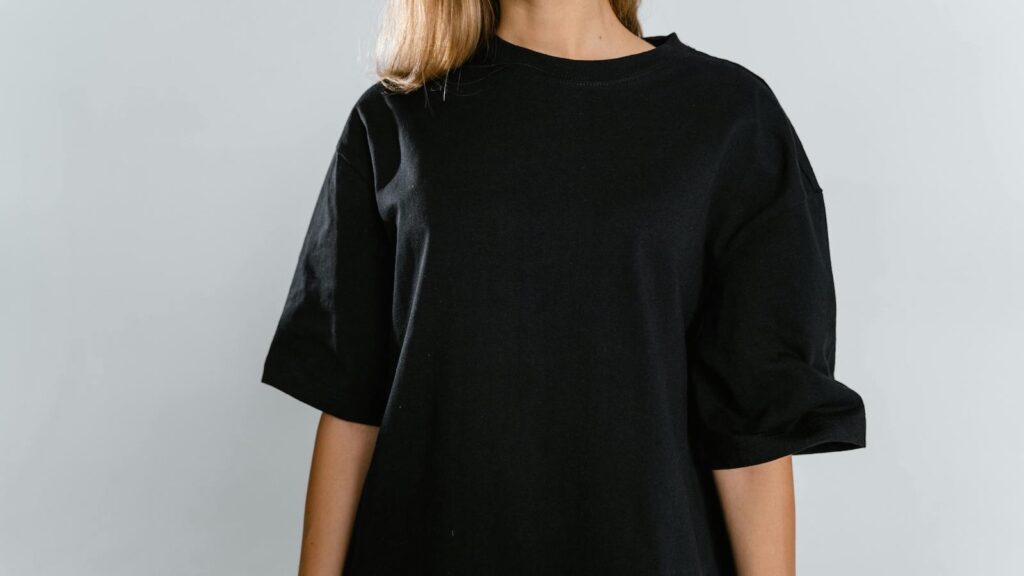
Baggy clothes are sometimes associated with a lack of sophistication or economic means to purchase well-fitting attire. However, fashion preferences vary greatly, and comfort or personal style often dictates this choice. What’s perceived as trendy or stylish can fluctuate, making this a poor indicator of someone’s class or wealth.
3. Tattoos or Piercings

Tattoos and piercings are often misunderstood and judged hastily, leading some to associate them with lower societal classes. Yet, these forms of body art transcend economic and social boundaries, representing personal expression and cultural identity more than socioeconomic status.
4. Thrift Shopping

Thrift shopping is sometimes viewed through a lens of economic necessity. However, it’s increasingly recognized for its environmental and sustainable benefits. Choosing second-hand items reflects a conscious decision to reduce waste and find value in reuse, showcasing environmental awareness rather than economic limitations.
5. Taking Public Transportation
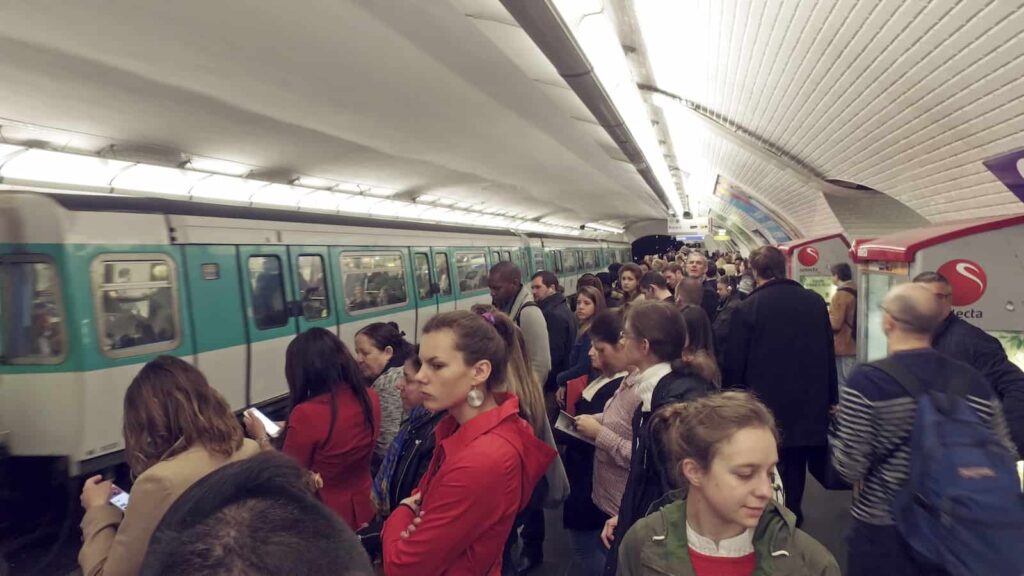
Using public transportation is often unfairly characterized as a lower-class necessity. In reality, it’s a practical, eco-friendly choice that reduces traffic congestion and carbon emissions. Many choose public transit for its convenience and as a commitment to sustainable living, not just for economic reasons.
6. Taking the Train to Your Vacation

Opting for train travel over air travel for vacations might be seen as less glamorous or indicative of financial constraints. Yet, train travel offers a scenic, relaxed, and environmentally friendly alternative to flying, highlighting preferences for experience and adventure over luxury.
7. Owning Few Pieces of Clothing

A minimalist wardrobe is sometimes interpreted as a sign of limited resources. In contrast, many individuals intentionally choose to own fewer items of clothing for simplicity, sustainability, and to challenge the consumerist culture, prioritizing quality over quantity.
8. Eating at Fast Foods

Frequenting fast food restaurants is often associated with lower economic status due to perceptions of nutritional value and affordability. However, convenience and personal taste preferences play a significant role in this choice, independent of one’s social class.
9. Wearing Athleisure
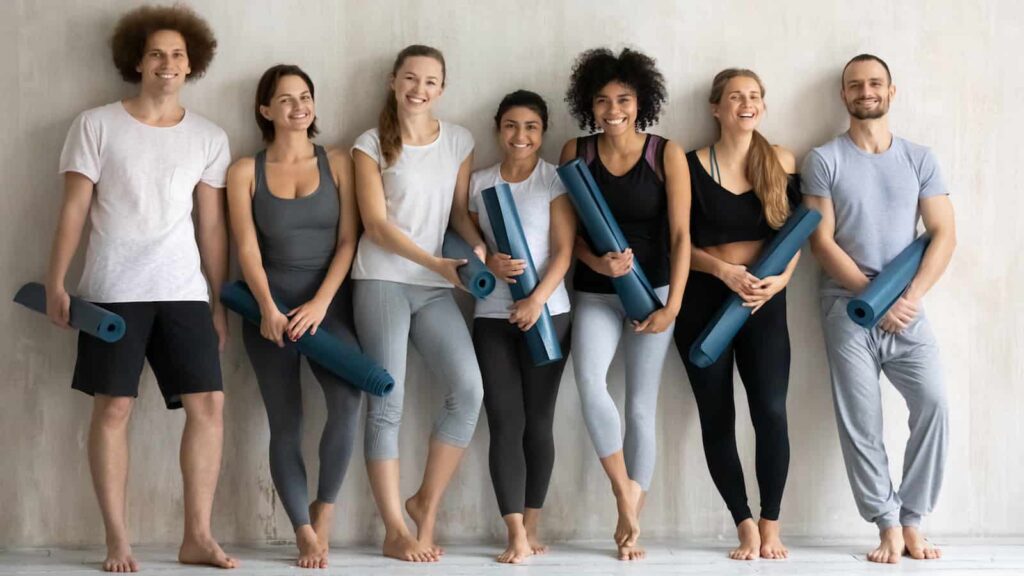
Athleisure wear, while popular and comfortable, is sometimes seen as too casual or indicative of a lower socio-economic status when worn outside of fitness settings. This perspective overlooks the versatility and practicality of athleisure as a reflection of contemporary lifestyle trends.
10. Wearing Sneakers
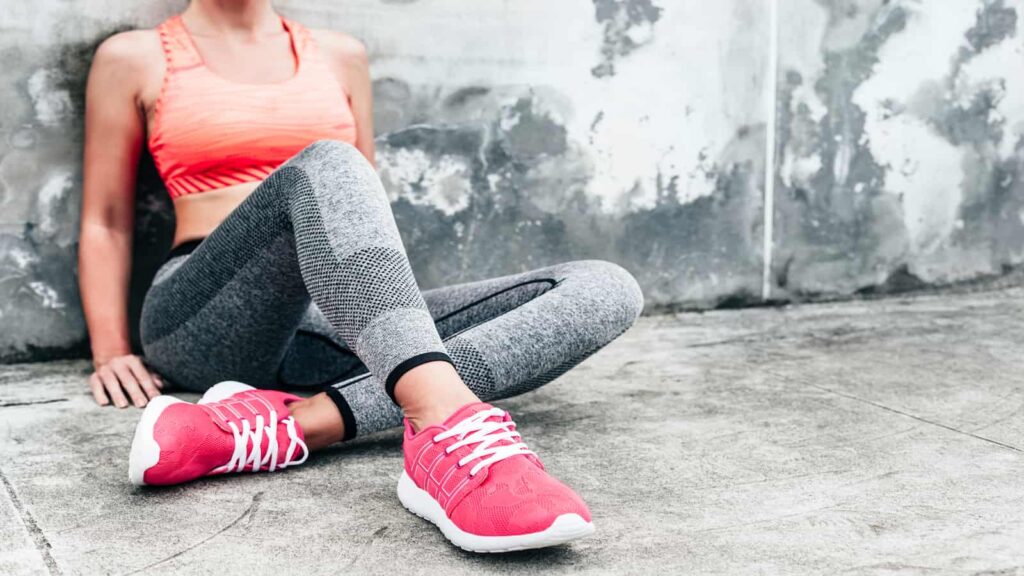
Sneakers are often considered casual and not suitable for “serious” or formal occasions, which some interpret as a sign of lower social standing. However, sneakers have become a fashion statement and are widely accepted across different social and professional settings, symbolizing comfort and personal style.
11. Career Choices

Manual jobs or freelancing are frequently viewed as less prestigious than corporate careers, suggesting a lower class bias. However, many find fulfillment and success in these paths, choosing passion and flexibility over traditional employment models, challenging stereotypes about work and class.
12. Renting Instead of Owning a House

Renting is often perceived as a less financially stable option compared to homeownership. This view ignores the flexibility, freedom from maintenance responsibilities, and lifestyle choices that renting affords, making it a strategic choice for many.
13. DIYing
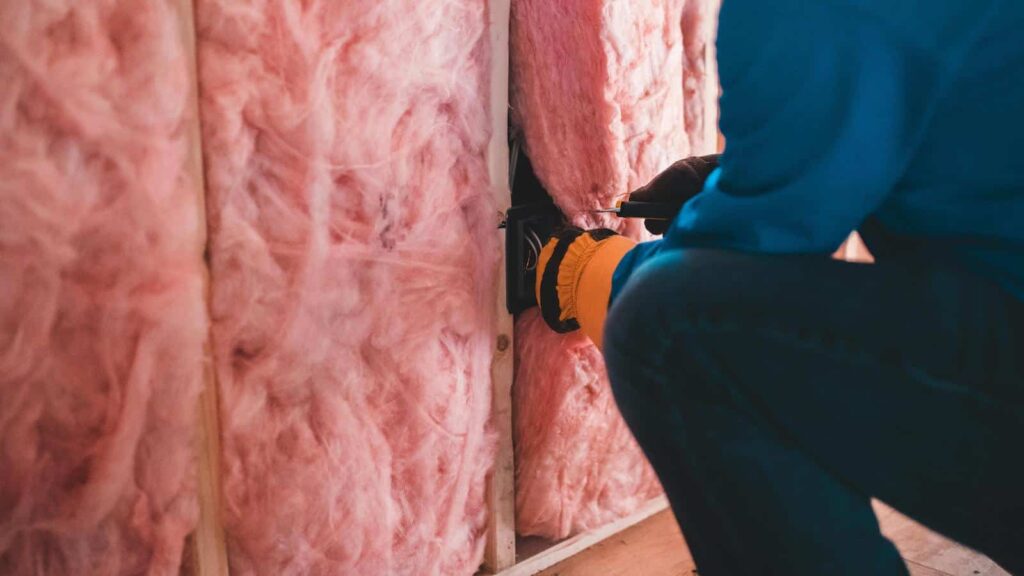
Do-it-yourself projects are sometimes seen as a necessity for those who can’t afford professional services. In reality, DIYing is a skillful, creative pursuit that demonstrates resourcefulness and a desire to personalize one’s environment, irrespective of economic status.
14. Not Going to College or University

Skipping higher education is often unjustly equated with lower economic prospects. Yet, many high-paying careers do not require a degree, and the decision to forgo college can stem from a desire to avoid debt or to pursue alternative education and career paths.
15. Relying on Credit Cards

Dependence on credit cards can be viewed as a sign of poor financial management associated with lower economic status. However, when used wisely, credit cards are financial tools that offer convenience, rewards, and credit-building opportunities.
16. Growing Beard and Hair
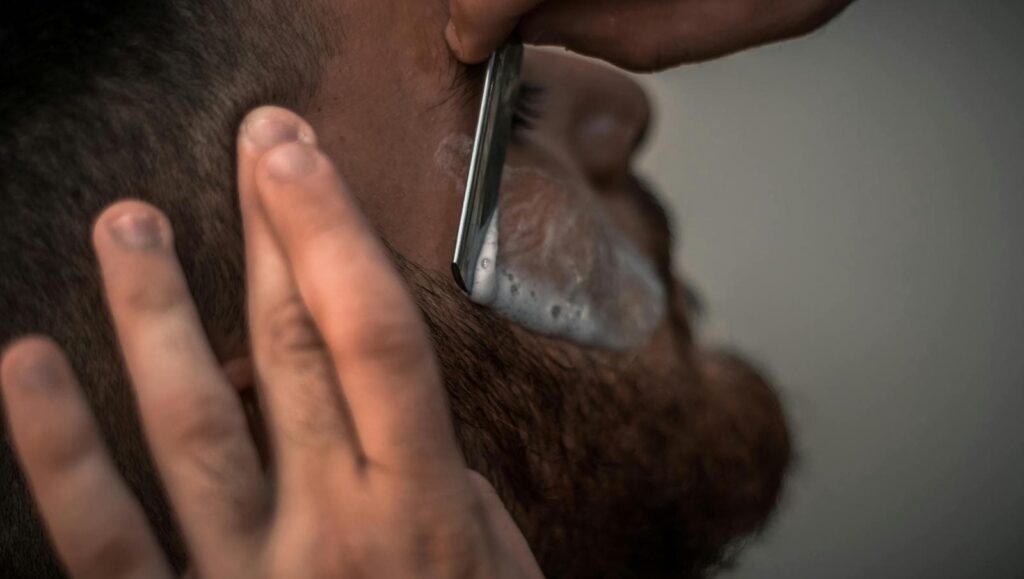
Long beards and hair might be stereotyped as unkempt or unprofessional, signaling lower social status to some. However, personal grooming choices are highly subjective and often reflect individual identity and cultural trends more than socioeconomic position.
17 Ways To Prep Your Home For Spring

Read More: 17 Ways To Prep Your Home For Spring
10 French Habits That Will Make Your Life Better

Read More: 10 French Habits That Will Make Your Life Better
We are Mary and Eric, the founders of Be Right Back, a blog dedicated to romance around the globe and at home.
We are Mary and Eric, the founders of Be Right Back, a blog dedicated to romance around the globe and at home. With over 10 years of experience in dating and traveling to romantic places, we share our favorite date ideas and romantic destinations to help couples level up their relationships. Having lived in and traveled through the USA, we also share our favourite things to do in the States.
With 70,000 monthly readers and 16,000 followers on social media, Be Right Back is your go-to resource for romantic trip ideas and couple activities at home and abroad.
